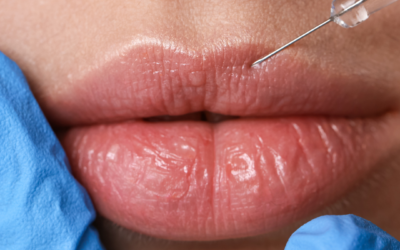
Post-inflammatory hyperpigmentation (PIH) is one of the most common skin problems that patients with skin of color experience. Simply put, it means a dark mark or patch on the skin that results from inflammation. According to the Skin of Color Society, over 65% of African Americans experience PIH symptoms in their lifetime.
What causes PIH?
Post-inflammatory hyperpigmentation occurs when there is Irritation or damage to the skin, leading to post-inflammatory hyperpigmentation. PIH can be caused by chronic skin conditions including eczema and psoriasis, or incidental skin problems like burns and insect bites. However, acne is the most common reason for PIH to develop in the skin of color. PIH is more common in skin of color because skin of color contains more melanin, also known as pigment.
How can PIH be treated?
Unfortunately, post-inflammatory hyperpigmentation is not something that can be fixed quickly. It can sometimes take more than a year to improve. For chronic skin conditions, the first priority is treating the underlying condition that is leading to hyperpigmentation. There are some treatments that can help PIH improve more quickly, including topical medications, microdermabrasion, chemical peels, and laser therapy. To determine the best course of treatment for your post-inflammatory hyperpigmentation, it is best to meet with a board-certified dermatologist to discuss your skin concerns.
Can I prevent PIH?
The answer is a bit vague. In theory, if you have no underlying skin conditions and your PIH is a result of an incident like a burn or insect bite, yes you could prevent it in the future by being more cautious, wearing insect spray, and being more aware of your surroundings. If your PIH is a result of an underlying skin condition, prevention stems more from getting that skin condition under control with your dermatologist. It is important to also note that sunlight can cause your PIH to worsen. Preventing this from occurring requires regular sunscreen use and sun-protective clothing.
Skin Struggles?
If you are struggling with post-inflammatory hyperpigmentation and don’t know where to turn, our board-certified dermatologists at Forefront Dermatology are here to help. Find a dermatologist near you today.





